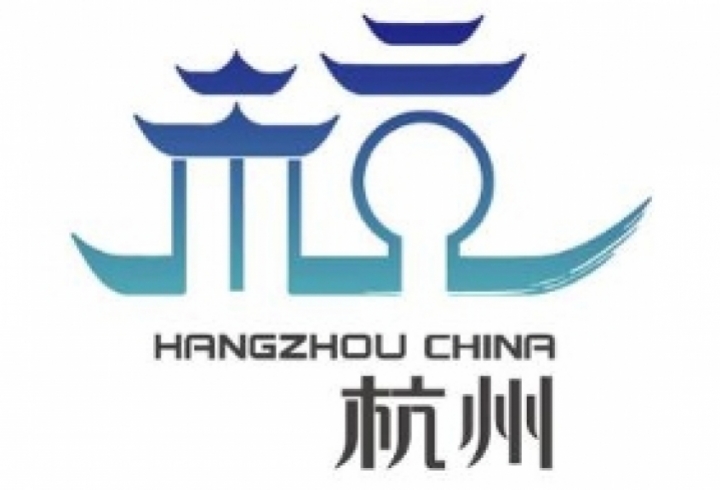The International Conference on “Culture for Sustainable Cities” aims at providing a high‐level forum to address key issues related to culture and sustainable urban development. As a key cornerstone of the elaboration process of the UNESCO Global Report on Culture and Sustainable Urban Development, it will pursue the following objectives:
‐ sharing experiences and propose strategic recommendations to strengthen culture‐based sustainable urban development initiatives at the international, national, regional and local levels;
‐ present and discuss the draft UNESCO Global Report on Culture and Sustainable Urban Development;
‐ contribute to the reflection on a “New Urban Agenda” in the context of the Post‐2015 Sustainable Development Agenda, thus providing strategic input to the Third United Nations Conference on Housing and Sustainable Urban Development (Habitat III), scheduled to take place in October 2016 in Quito, Ecuador.
In the framework of the discussions on the Post‐2015 Development Agenda, UNESCO has pursued its global advocacy to promote the recognition of the role of culture for sustainable development. Such recognition is now reflected in several Resolutions and Reports of the United Nations and is also supported by a number of UNESCO partners playing an active role in the field of culture.
Over the past decades, cities have become prominent actors in the promotion of sustainable development policies. Today, more than half of the world’s population lives in an urban environment. Due to the demographic growth and to the exponential urbanization which have been observed at a global scale, it is expected that, in the next 30 years, 70% of the world population will live in urban areas. Cities will thus play an increasing role within the international development framework.
Culture, and notably cultural heritage, is a key resource to promote sustainable urban development, by preserving the identity of communities and individuals, attracting activities and visitors and fostering the development of the creative economy and the quality of life.
In this context and considering that the main entry point for culture within the current discussions on the Post‐ 2015 Development Agenda stands within the Sustainable Development Goal on sustainable cities, UNESCO has launched the preparation of a Global Report on Culture and Sustainable Urban Development, in the framework of the UNESCO Culture Conventions, notably the 1972 Convention concerning the Protection of the World Cultural and Natural Heritage, the 2003 Convention for the Safeguarding of the Intangible Cultural Heritage and the 2005 Convention on the Protection and Promotion of the Diversity of Cultural Expressions, as well as the 2011 Recommendation on the Historic Urban Landscape. For the first time, a global report will consolidate strategic analyses and recommendations to foster the role of culture for sustainable urban development, based on founding data and analyses from partner institutions from all regions of the world, and the strategic highlights on specific issues gathered from key actors in the field of cultural heritage and the cultural and creative industries.
In this framework, the International Conference on “Culture for Sustainable Cities” will represent the ideal Forum to present, debate and expand the themes illustrated in the Global Report.
Participants:
Heads of United Nations Agencies, International Organizations, Ministers and high‐level Government representatives, Mayors and city managers, internationally‐renowned experts, representatives of the private sector, Universities and Non‐Governmental Organizations, from all regions of the world.
Format: The Conference will be organized in plenary sessions and parallel working groups.
Languages: English, French and Chinese
Topics:
The Conference will provide a Forum to illustrate and discuss innovative approaches to urban regeneration and development, notably strategies to manage change in cities with cultural heritage and creativity as levers for sustainable development, as well as methodologies to improve monitoring and reporting processes.
Among the topics to be explored:
Culture, a resource for Sustainable Cities;
Urban Heritage: a tool for inclusive social and economic development, a factor of cultural identity and environmental protection;
Culture and Creativity as drivers of sustainable urban development.
Expected Outcomes:
The Conference will conclude with the adoption of the “Hangzhou Outcomes”, which will propose recommendations on maximizing the role of culture to achieve sustainable urban development and effective ways of integrating culture in urban planning and regeneration policies.
This international encounter will also provide a platform to share challenges, best practices and case studies on preservation and redevelopment of urban areas, which will feed the Global Report on Culture and Sustainable Urban Development. In turn, the Global Report will provide a key contribution to the Habitat‐III Conference to be held in Quito, Ecuador, in October 2016.

